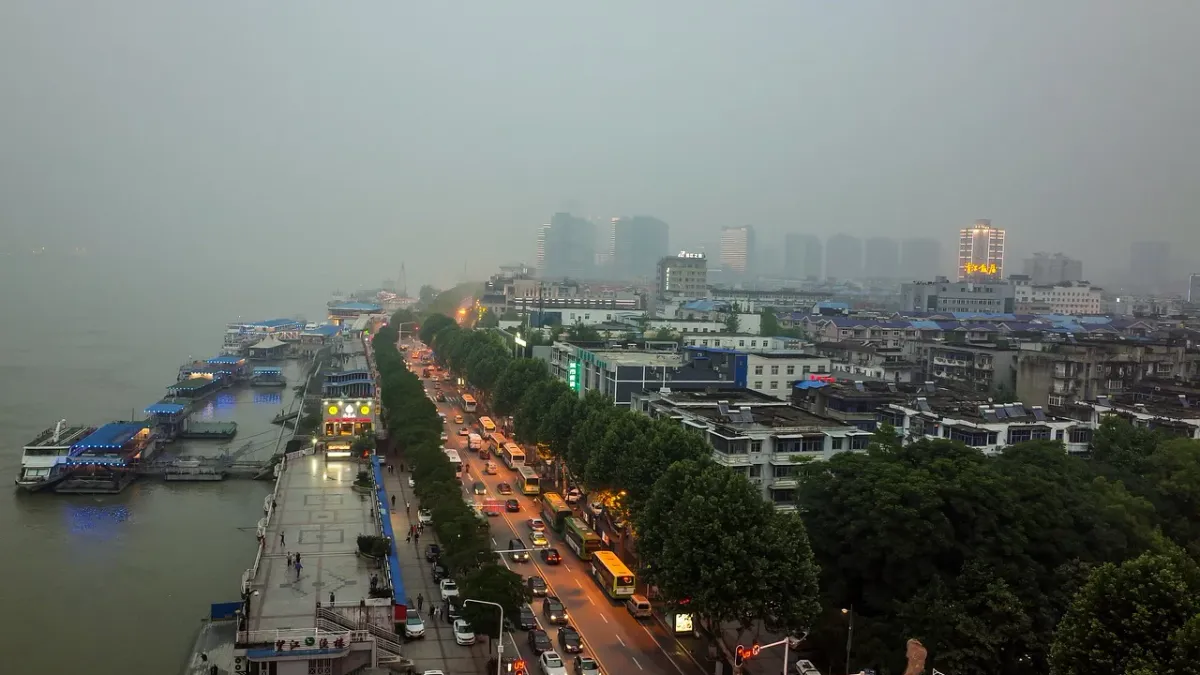Dive Brief:
- The World Health Organization (WHO) declared coronavirus a Public Health Emergency of International Concern Thursday but did not impose any restrictions on the movement of people or goods, saying it could make the situation worse.
- "[I]n general, evidence has shown that restricting the movement of people and goods during public health emergencies may be ineffective and may divert resources from other interventions," WHO said in a statement on the decision. "Further, restrictions may interrupt needed aid and technical support, may disrupt businesses, and may have negative effects on the economies of countries affected by the emergencies."
- Regardless, transportation is shut down in and out of Wuhan and Hubei Province, and all terminals at The Port of Wuhan have ceased operations as the result of the quarantine the Chinese government has instated on the region, according to Mirko Woitzik and Tim Yu, who work in risk intelligence for Resilience360.
Dive Insight:
One of the biggest impacts for businesses importing goods from, or exporting goods out of, China is the extended production stoppage as the government extending the Lunar New Year holidays to Feb. 2. Some regions are extending the break even further into February Woitzik and Yu explained in an email to Supply Chain Dive.
The Economist Intelligence Unit estimated China's gross domestic product could grow at 5.9% in 2020, but the outbreak could drop that measure by 0.5 to 1 percentage points, according to a report from Coresight Research.
Carriers have canceled their service to The Port of Wuhan, and other ports along the Yangtze River have experienced congestion as the quarantine impacts barge traffic, Woitzik and Yu said.
This halt in operations has resulted in empty containers piling up in China, according to data from xChange, a startup that deals with repositioning empty shipping containers.
"For shipping lines, such events lower utilization rates and result in higher costs on routes" as companies worry about getting employees to work at manufacturing facilities during the quarantine, xChange said, according to World Maritime News.
A Honda supplier, Ftech, announced it is shifting some production from China to the Philippines to avoid disruption from the coronavirus. It plans to move back to China when possible, a company source told Nikkei Asian Review.
But some food manufacturers will soon reopen as the Chinese government needs to ensure there is food available, Coca-Cola CEO James Quincey said Thursday on the company's fourth quarter earnings call.
"So we, under the auspices of the Chinese government and their kind of crisis management, [are] reopening some of our manufacturing facilities to make sure we continue to produce our product for the population and get it distributed in a way that’s not going to ... be part of the spread," Quincey said, according to a transcript of the call.
The WHO announcement likely won't have much of an impact on companies operating in the region, Woitzik and Yu said.
"From an international standpoint though, it may trigger more flight cancellations, border closures, production delays, self-imposed travel bans from companies preventing their employees from flying to China etc. after the [Lunar New Year] holiday break," they explained.














